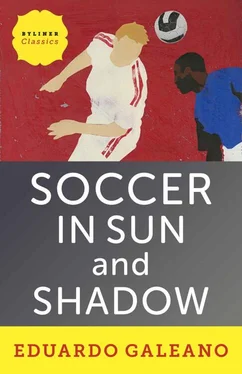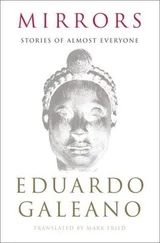The Chilean player Carlos Caszely made fun of greedy soccer: “It’s the tactic of the bat,” he said. “All eleven players hanging from the crossbar.”
And the Russian player Nikolai Starostin complained about remote-control soccer: “Now all the players look alike. If they changed shirts, no one would notice. They all play alike.”
Playing a staid and standardized soccer, is that really playing? According to those who understand the root meanings of words, “to play” is to joke, and “health” is when the body is as free as can be. The controlled effectiveness of mechanical repetition, enemy of health, is making soccer sick.
To win without magic, without surprise or beauty, isn’t that worse than losing? In 1994, during the Spanish championship, Real Madrid was defeated by Sporting from Gijón. But the men of Real Madrid played with enthusiasm, a word that originally meant “having the gods within.” The coach, Jorge Valdano, beamed at the players in the dressing room: “When you play like that,” he told them, “it’s okay to lose.”
In the ’54 World Cup, when Germany burst out with such astonishing speed the Hungarians were left in the gutter, Ferenc Puskás said the German dressing room smelled like a garden of poppies. He claimed that had something to do with the fact that the winners ran like trains.
In 1987 Harald “Toni” Schumacher, the goalkeeper for the German national team, published a book in which he said: “There are too many drugs and not enough women,” referring to German soccer and, by extension, to all professional teams. In his book Der Anpfiff (The Starting Whistle), Schumacher recounts that at the 1986 World Cup the German players were given innumerable injections and pills and large doses of a mysterious mineral water that gave them diarrhea. Did that team represent Germany or the German chemical industry? The players were even forced to take sleeping pills. Schumacher spat them out; to help him sleep he preferred beer.
The keeper confirmed that the consumption of anabolic steroids and stimulants is common in the professional game. Pressed by the law of productivity to win by any means necessary, many anxious and anguished players become running drugstores. And the same system that condemns them to that also condemns them for that every time they get caught.
Schumacher, who admitted that he too took drugs on occasion, was accused of treason. This popular idol, runner-up in two world championships, was knocked from his pedestal and dragged through the mud. Booted off his team, Cologne, he also lost his spot on the national squad and had no choice but to go and play in Turkey.
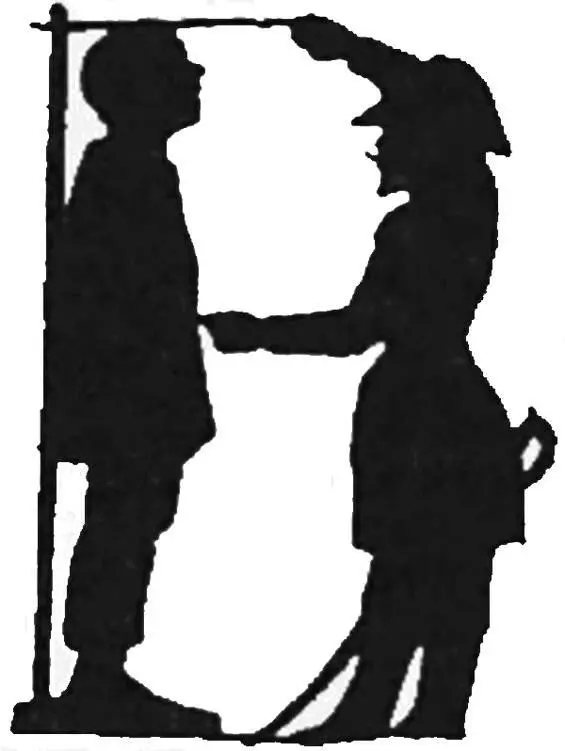
It’s not on any map, but it’s there. It’s invisible, but there it is. A barrier that makes the memory of the Berlin Wall look ridiculous: raised to separate those who have from those who need, it divides the globe into north and south, and draws borders within each country and within each city. When the south of the world commits the affront of scaling the walls and venturing where it shouldn’t, the north reminds it, with truncheons, of its proper place. And the same thing happens to those who attempt to leave the zones of the damned in each country and each city.
Soccer, mirror of everything, reflects this reality. In the middle of the 1980s, when Napoli started playing the best soccer in Italy thanks to the magical influx of Maradona, fans in the north of the country reacted by unsheathing the old weapons of scorn. Neapolitans, usurpers of prohibited glory, were snatching trophies from the ever powerful, and it was time to punish the insolence of the intruding scum from the south. In the stadiums of Milan and Turin, banners insulted: “Neapolitans, welcome to Italy.” Or they evoked cruelty: “Vesuvius, we’re counting on you.”
And chants that were the children of fear and the grandchildren of racism resounded more loudly than ever:
What a stench, the dogs are running,
all because the Neapolitans are coming.
Oh cholerics buried by quake,
you’ve never seen soap, not even a cake,
Napoli shit, Napoli cholera,
you’re the shame of all Italia.
In Argentina the same thing happens to Boca Juniors. Boca is the favorite of the spiky-haired, dark-skinned poor who have invaded the lordly city of Buenos Aires from the scrubby hinterlands and from neighboring countries. The enemy fans exorcise this fearful demon:
Boca’s in mourning, everybody knows,
’cause they’re all black, they’re all homos.
Kill the shit-kickers,
they aren’t straight.
Throw the bumpkins in the River Plate.
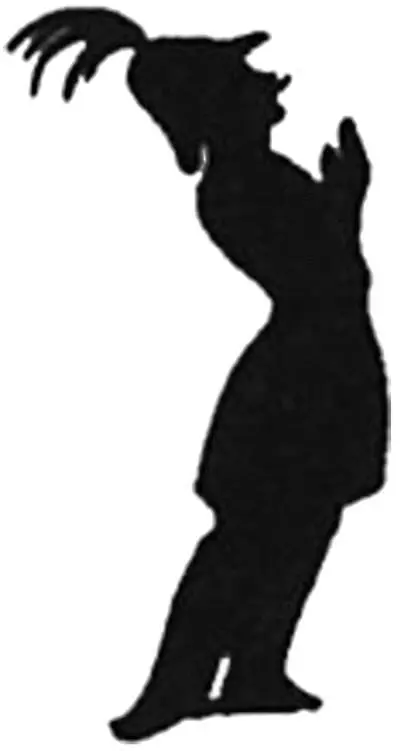
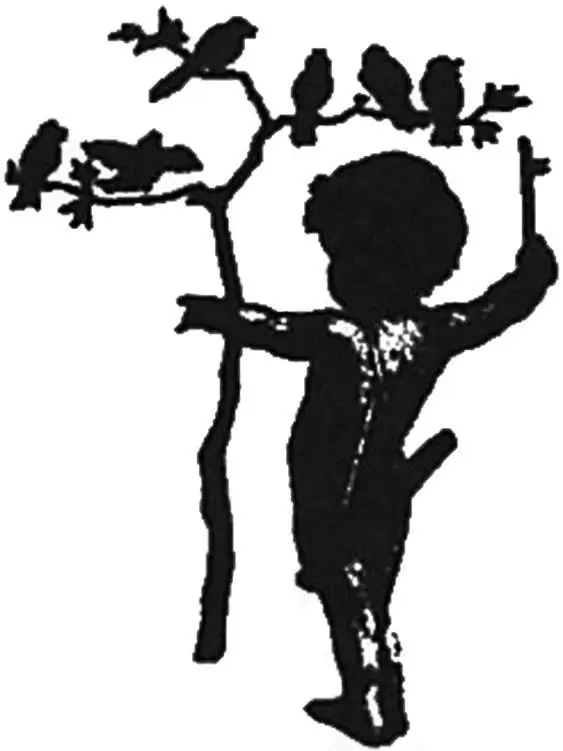
In 1988 Mexican journalist Miguel Ángel Ramírez discovered a fountain of youth. Several players on Mexico’s junior team, who were two, three, and even six years beyond the age limit, had been bathed in the magic waters: the directors falsified their birth certificates and fabricated fake passports. This treatment was so effective that one player managed to become two years younger than his twin brother.
Then the vice president of Guadalajara declared: “I won’t say it’s a good thing, but it’s always been done.”
And Rafael del Castillo, who was the top boss of junior soccer, asked: “Why can’t Mexico be sneaky when other countries do it as a matter of course?”
Shortly after the 1966 World Cup the comptroller of the Argentine Soccer Association, Valentín Suárez, declared: “Stanley Rous is a shady fellow. He ran the World Cup so that England would win. I’d do the same if the Cup were played in Argentina.”
The morals of the market, which in our days are the morals of the world, give a green light to all keys to success, even if they’re burglar’s tools. Professional soccer has no scruples because it is part of an unscrupulous system of power that buys effectiveness at any price. And after all, scruples were never worth much. In Renaissance Italy a “scruple” was the smallest measure of weight, the least significant. Five centuries later, Paul Steiner, a player for the German club Cologne, explained: “I play for money and for points. The opposing player wants to take my money and my points. That’s why I ought to fight him by all means at my disposal.”
And the Dutch player Ronald Koeman justified the brutal kick to the stomach his compatriot Gillhaus gave the Frenchman Tigana in 1988: “It was a class act. Tigana was their most dangerous player and he had to be neutralized at any cost.”
The end justifies the means, and any beastly act is fine, though it’s wise to do it on the sly. Basile Boli of Olympique de Marseille, a defender accused of mistreating the ankles of others, described his baptism by fire. In 1983 Roger Milla was elbowing him like crazy, so he flattened him with his head. “That was the first lesson: strike before they strike you, but strike discreetly.”
You have to strike far from the ball, since that is where the referee, like the TV cameras, keeps his eyes. In the 1970 World Cup Pelé was marked savagely by the Italian Bertini. Later on he praised him: “Bertini was an artist at committing fouls without being seen. He’d punch me in the ribs or in the stomach, he’d kick me in the ankle … An artist.”
Читать дальше
